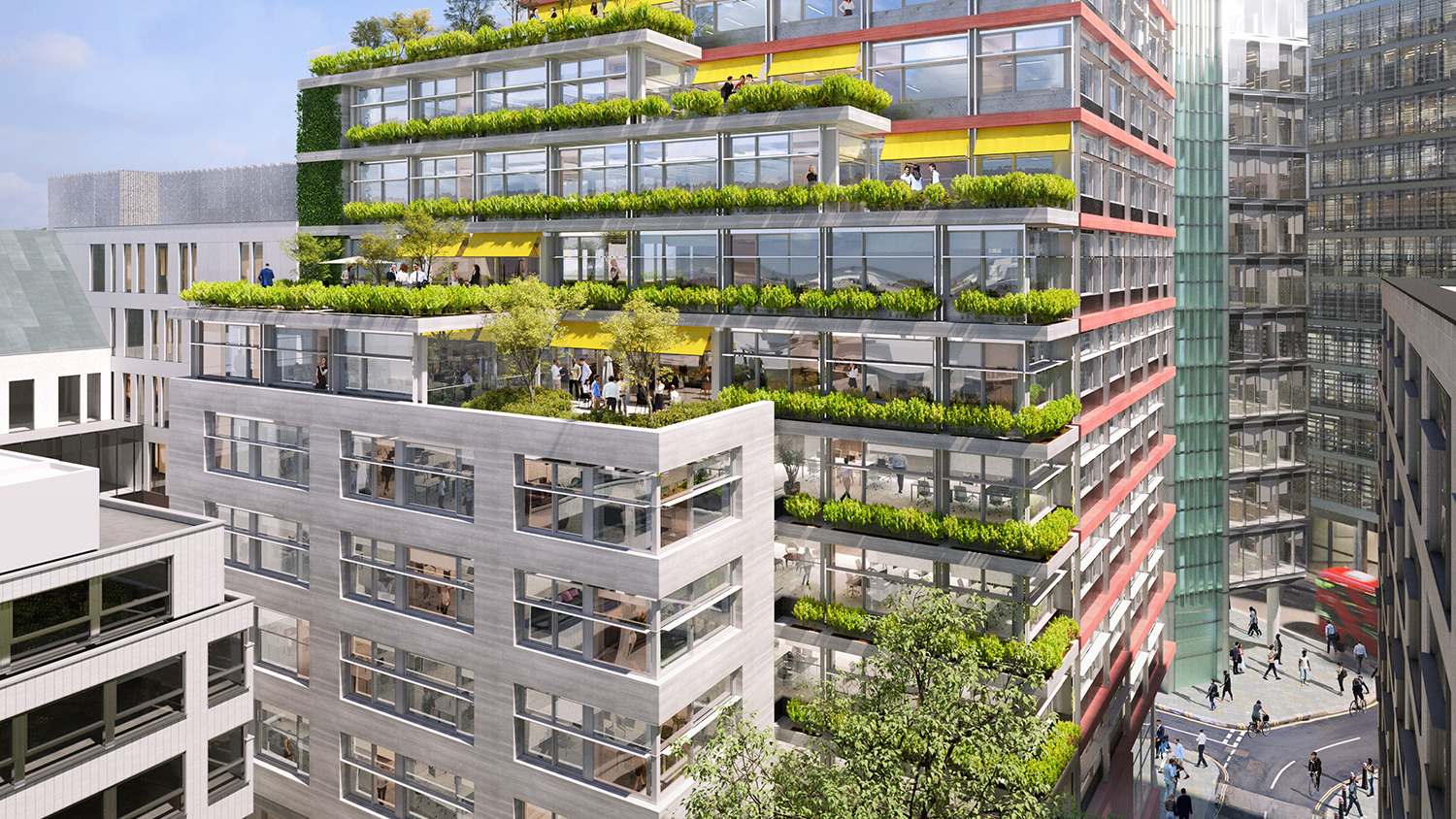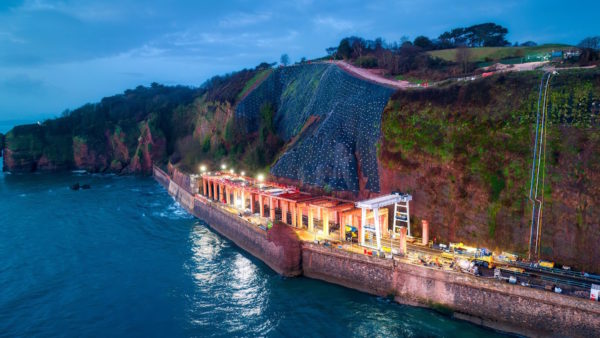
Materials passports are being developed and tested on the Edenica office project in the City of London.
Fletcher Priest Architects designed the project for developers BauMont Real Estate Capital and YardNine. It is focused on cutting whole-life carbon and minimising waste.
The sustainability team from multi-disciplinary consultant Waterman, working with project manager Third London Wall, is overseeing the development of materials passports on the scheme.
Just as a regular passport provides personal details of an individual’s identity, Edenica’s materials passports will become a snapshot of the building elements’ credentials. It will provide records of the materials, products, and components used.
These records will enable the reuse of materials during the building’s operation or at the end of its life, turning the used materials into valuable resources instead of waste.
For this to be most effective, the system will be calibrated to enable the constant update and maintenance of information associated with these materials throughout their life cycles.
Developing the passports
Waterman’s team developed the methodology behind the materials passports using data initially based on input from cost consultant Arcadis. The information included in the materials passports comes from the 3D model, contractors’ records, product specifications, certificates, etc.
Once developed, the passports will be viewed and maintained via the Circuland platform.
The passports are based on the RICS New Rules of Measurement classification system. This ensures the information can link to Post-Completion Circular Economy Statements and Post-Construction Whole Life Carbon Assessments.
Materials passports are a relatively new concept. According to Waterman, there is no current standardised framework to define the process that must be followed for their production, content or form.
Waterman’s team is working with the BRE, City of London and the EC-funded CIRCuIT initiative to create a protocol to standardise the process for producing and reporting materials passports.
‘Simplest of concepts’
Waterman sustainability associate, Anastasia Stella, led the development of materials passports at Edenica. She said: “It is hugely important that we continually try to advance and innovate to help tackle the climate emergency. Our materials passport initiative shows how even the simplest of concepts can create the potential for a significant reduction in whole-life carbon and optimise repurposing of materials in the future.”
BauMont Real Estate Capital MD Natalie Harrison added: “Our philosophy is to take a ‘use less, waste less’ approach. This leads to better collaboration and promotes innovation. Waterman’s material passports initiative at Edenica looks beyond policy, setting a new precedent for London.”
YardNine co-founder Maxwell Shand said: “I believe Waterman’s materials passports initiative will quickly become widely adopted as best practice for responsible development.”
Don’t miss out on BIM and digital construction news: sign up to receive the BIMplus newsletter.












